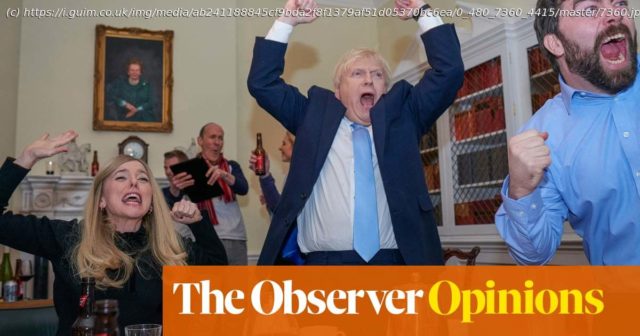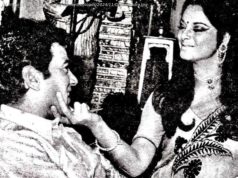Array
Winston Churchill wasn’t immortalised on British screens until five years after his death. The Profumo affair took a quarter of a century to dramatise. But the rate at which politics is appropriated by showbusiness – prosthetics obscuring the traditional difference between the two – is rather faster these days.
On Wednesday, we’ll get This England, a drama covering Boris Johnson’s time in office, with Kenneth Branagh in lumbering, pseudo-Churchillian mode and Ophelia Lovibond, with bump and twice as much hair, as Carrie.
This feels rather quick – perhaps too quick. It is pure chance that the series isn’t showing while Johnson is still prime minister. Lovibond has told interviewers how strange it was to see her character on the front pages as she showed up to film and spoke of her responsibility – as if she were on jury service – not to be swayed by speaking to the wrong people about it. Filming also finished too early for director Michael Winterbottom to include the real end of the story, over which he must be kicking himself, and the series will even dwell on the rampages of Covid, with dying patients and sobbing relatives. Too soon?
Political dramas have been happening too soon for quite some time. While still in office, Tony Blair was immortalised to death (The Deal, starring Michael Sheen, one of many Blair docudramas, was screened just five years into his premiership). Brexit: The Uncivil War was released in 2019 while big decisions over the event still loomed and Dominic Cummings, the main character, still ran amok in Downing Street.
What result, if any, will this dash to turn current events into drama have? In contrast to the political balance in the media, say, the effect that political fiction might have on the body politic isn’t taken especially seriously.






